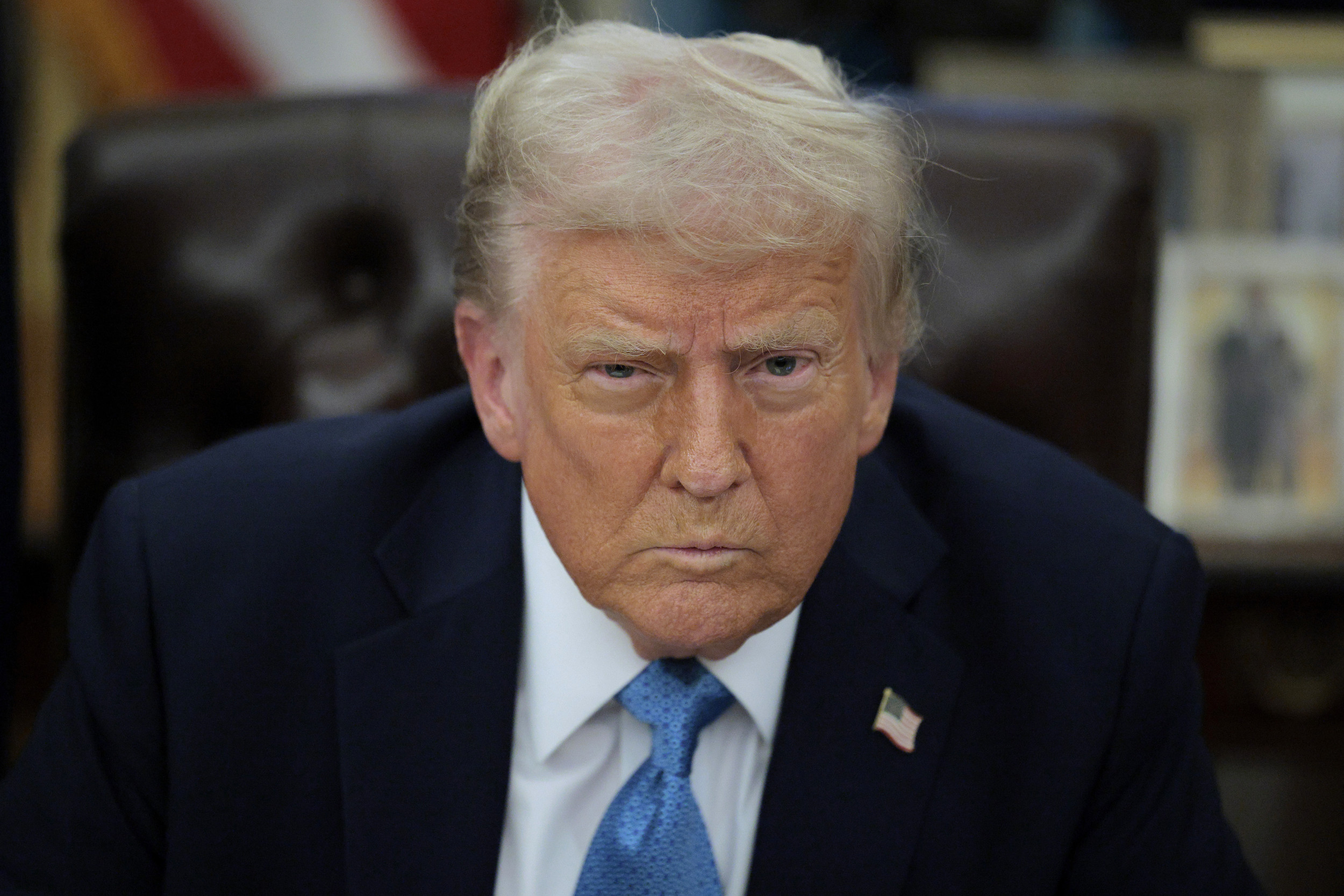Trump's Alien Enemies Act Case Appeal Denied

Table of Contents
The Alien Enemies Act and its Historical Context
The Alien Enemies Act, part of the Alien and Sedition Acts of 1798, grants the President broad powers during times of war to apprehend and detain individuals deemed to be "alien enemies." This legislation, enacted during a period of heightened tension with France, was designed to protect national security by allowing for the detention of enemy nationals residing within the United States. Its historical context is crucial to understanding the current controversy.
- Original intent of the Act: To safeguard the nation during wartime by enabling the detention of individuals considered threats.
- Past instances of its use: The Act has seen limited use throughout history, primarily during times of declared war or national emergency. World War I and World War II saw its application, though its implementation was often controversial.
- Criticisms and controversies surrounding the Act: The Act has faced consistent criticism for its potential to infringe upon civil liberties and due process rights. Concerns exist about its broad definition of "alien enemy" and the potential for abuse of power.
Details of Trump's Case and the Initial Ruling
The specific allegations against Trump in relation to the Alien Enemies Act remain unclear due to the confidential nature of some legal proceedings. However, the initial ruling against Trump, though not publicly detailed, suggested a violation related to actions or statements believed to pose a threat to national security. This involved a complex legal interpretation of the Act within the context of the current political climate.
- Key arguments presented by both sides: The arguments put forth by both the plaintiff and Trump's legal team remain partially sealed, but it's understood that the defense focused on a narrow interpretation of the act, while the prosecution argued for a broader application.
- Evidence presented in court: The evidence used to support the initial ruling remains largely confidential to protect national security interests, further fueling speculation.
- The judge's rationale for the initial ruling: The judge's reasoning, while not publicly accessible in full, alluded to sufficient evidence to support the finding against the former president.
The Appeal Process and the Court's Decision
Trump's legal team appealed the initial ruling, arguing that the application of the Alien Enemies Act was improper and that the initial ruling was based on insufficient evidence or a misinterpretation of the law. They also contested the confidentiality of certain evidence presented in the lower court.
- Key arguments made in the appeal: The appeal focused on procedural irregularities, questions of evidence admissibility, and challenging the interpretation of the Act itself.
- The appellate court's reasoning for denial: The appellate court, in denying the appeal, upheld the lower court's decision, finding the initial ruling legally sound and supported by sufficient evidence. Their decision emphasized the importance of national security considerations.
- Dissenting opinions (if any): Information on dissenting opinions, if any, has not yet been made public.
Implications and Future Ramifications of the Ruling
The denial of Trump's appeal has significant ramifications. It clarifies the application of the Alien Enemies Act, setting a precedent for future cases and potentially influencing national security policy.
- Impact on future legal cases: This ruling will undoubtedly shape future legal challenges involving the Alien Enemies Act. Courts will likely refer to this precedent when considering similar cases.
- Potential changes to immigration policy: The ruling may indirectly influence immigration policies, particularly concerning individuals from nations considered adversarial to the United States.
- Political fallout from the ruling: The ruling is likely to fuel further political debate and division, particularly given the high-profile nature of the defendant.
Conclusion
The denial of Trump's appeal in the Alien Enemies Act case represents a significant legal setback. This decision clarifies the application of the Act and sets a precedent for future legal challenges involving national security and immigration. The ruling’s ramifications will be felt across various legal and political spheres. The implications extend far beyond this specific case, affecting how the Alien Enemies Act might be interpreted and applied in the future.
Call to Action: Stay informed about the ongoing developments in this important legal case. Understanding the nuances of the Alien Enemies Act and its implications is crucial for informed citizenship. Follow us for further updates on the Trump Alien Enemies Act case and related legal developments.

Featured Posts
-
 Simplified Dividend Investing High Returns Made Easy
May 11, 2025
Simplified Dividend Investing High Returns Made Easy
May 11, 2025 -
 Payton Pritchards Breakout Season The Details Behind His Success
May 11, 2025
Payton Pritchards Breakout Season The Details Behind His Success
May 11, 2025 -
 Ufc 315 Betting Preview Expert Analysis From Mm Amania Com
May 11, 2025
Ufc 315 Betting Preview Expert Analysis From Mm Amania Com
May 11, 2025 -
 Littletons Best Restaurants 33 Top Picks For Every Taste
May 11, 2025
Littletons Best Restaurants 33 Top Picks For Every Taste
May 11, 2025 -
 Ru Pauls Drag Race S17 E13 Drag Baby Mamas Preview Family Drama
May 11, 2025
Ru Pauls Drag Race S17 E13 Drag Baby Mamas Preview Family Drama
May 11, 2025
